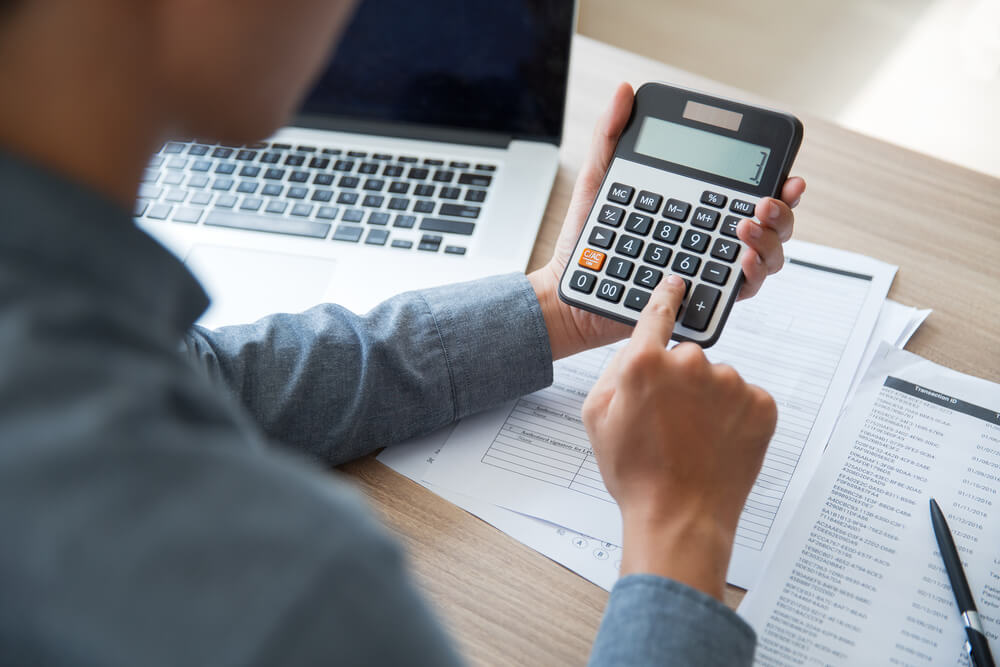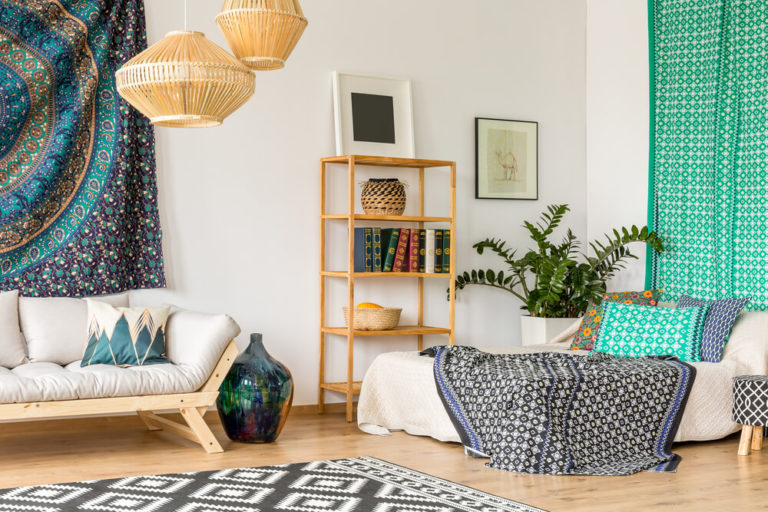Planning for a big purchase takes a lot of effort and a good amount of time in advance before you can write that cheque. The largest financial purchase you’ll ever make in your life is buying a home. This is why you should do yourself and your bank account a favour by reading up about all the ways to successfully plan for your future dream home.
1. Income
The word income in the financial planning handbook does not necessarily refer to how much money you make. Income here refers to the stability of your career and the industry in which you work in as it directly affects your cash flow.
It is highly recommended that you invest time in reading up about the industry that you work in as it will help you develop an understanding of the possible direction your industry is heading in the next three to six years. This way you’ll be able to manage your expenses and savings easily.
2. Expenses
It is important that in the early stages of financial planning that you sit down and go through your daily, monthly and yearly finances. Typically, you would separate your expenses into two groups, making it easier for you to pinpoint exactly what you need and what you can save.
Monthly Needs
Your monthly expenditure needs should only include your basics. The keywords here to remember as you make your list, are your basic needs, because in today’s day and age individuals are accustomed to different variations of basic needs on top of the traditional ones.
For example, the traditional basic needs that you have to buy and pay for in order to survive are your utility bills such as water and electricity, rent, and groceries. The additional monthly expenditure needs include paying your phone bill, petrol for your car, the internet, cable television or Netflix subscription. Don’t forget, you also need to pay for your insurance, medical checkups, medication, and servicing your car. These are necessary expenses that you need to consider in your financial planning.
There are other monthly expenditure needs that aren’t often considered as needs such as going to the gym, socialising or going on a holiday as it can be expensive and unnecessary to some. However, if you are someone that needs to socialise, you should try to limit the number of times you go out, from once a week to once every two weeks, instead of cutting it out completely. Another example of individual-specific needs would be going to the gym, this might be something you look forward to and is part of your self-care routine to stay healthy. Thus, that can also be considered a need for you.
Look closely at your lifestyle and identify what are your needs and wants, because cutting costs down to the bare necessities is surviving, and not living. So figure out what you think falls into the monthly expenditure needs, and what falls into your monthly disposable income category.
Monthly Disposable Income

The idea of a disposable income is that you can use it for anything you want. Often enough, the majority of us are guilty of spending our disposable income till there isn’t much left by the end of the month.
How does this happen? Well, there are the unnecessary shopping sprees we all go on, where we impulse to buy something we don’t need or already have five of, and then there are the ever-popular concepts of splurging and treating yourself knowing exactly how that story goes. Decide early on what your disposable income can be used for, such as movie tickets and popcorn twice a month, a monthly mani-pedi session, or a new game for your console.
It’s not a bad thing to want something or to buy yourself one or two things you’ve had an eye on, especially since you’ve been working hard for your money. That being said, you should not treat your disposable income as something that can easily be disposed of. Instead try to develop healthy cost-cutting habits. For example, if the weekly brunches are getting a tad too expensive, a monthly brunch works too. By being more mindful of your spending and adopting these cost-cutting habits, you can save a bigger portion of your disposable income for your deposit.
4. Emergency Funds
Keep in mind that financial planning means you are saving for more than one thing at a time. You should be saving for a deposit, while also putting aside money for emergencies in case bad luck strikes. Your emergency fund should amount to six months of your monthly need expenditures. This way, your emergency funds will be able to support you for some time while you find a new job to get back on your feet.
5. Determine Your Budget
When you’re planning to make a big purchase you need to roughly know what the price range looks like in order to know how much to save up for it. By determining your budget you can set a goal to reach every few months leading up to the full amount.
Know the property price
So how do you determine your budget? Easy, all you have to do is research the estimated price of the property type you might want to buy in the areas that you’re interested in and you’ll then have a rough price range to go off on.
Keep in mind though, that unless you’re planning to buy a house in the next two years, you will have to refresh your price range data every year or so. This is due to the real estate market being unstable as it depends on the economic state of the country, thus resulting in property prices fluctuating.
Deposit and Housing Loan Payment
Saving up for a deposit is the quintessential part of financial planning for a home. This is because all you need to secure a property is a deposit. The majority of us will be taking out a housing loan in order to finance the rest of the payment to the seller. The deposit you’re saving up for must be 10% of the property’s selling price, which is why it’s important to do your research beforehand for a rough estimate. You should also make sure that your budget includes the additional cost of buying a house, such as lawyer fees, stamp duty, and loan agreement fees.
Once the loan is approved, you can breathe a little easier as you’ve now successfully bought a house, but the financial planning doesn’t stop there. You now have to take into account the monthly loan payments. As a rule of thumb, your financial commitments should not exceed 60% of your monthly income.
6. Good Credit Score
Having and maintaining a good credit score is vital to obtaining a housing loan. A credit score is a detailed tell-tale of your payment habits that your bank will use as one part of the determination process to approve your loan.
If your commitments include a car loan and/or a student loan, make sure to pay them on time every month. Consistency is key as it demonstrates that you’re a responsible pay master. A monthly credit card bill will work just the same. A pro tip is to place all recurring payments on the card, such as utility, phone, and internet bills. If you don’t have a loan or a credit card, get one at least six months before you apply for a housing loan.
It might seem like a tedious endeavour to plan your finances in order to buy a house, but the truth is unless you win the lottery or you’ve inherited a gold mine, you’re going to have to put in some hard work and save smart.
Ready to buy your first home? Learn more about our trusted agent services by contacting our friendly customer care team at +60 16-299 1366 for more information. In the meantime, you can download our app from Play Store or App Store now!





















